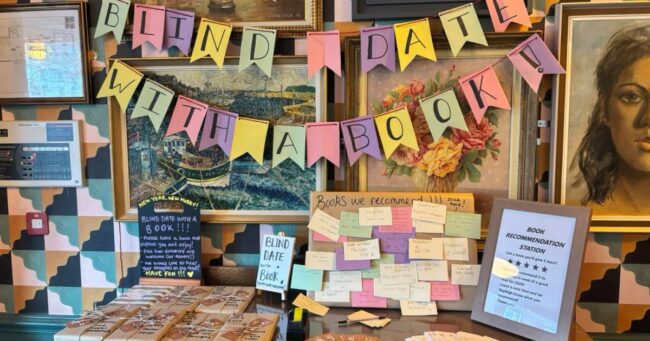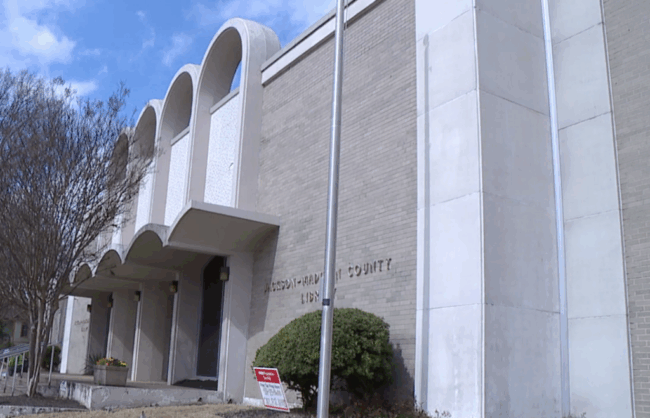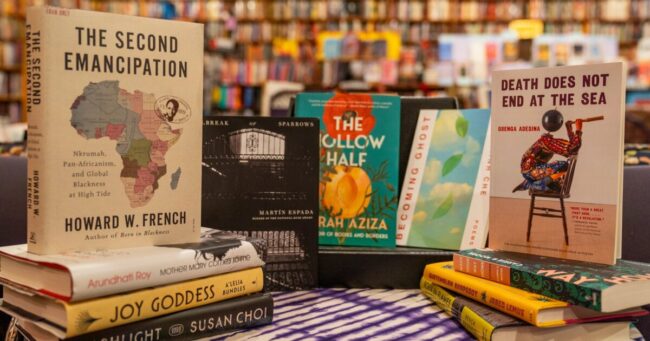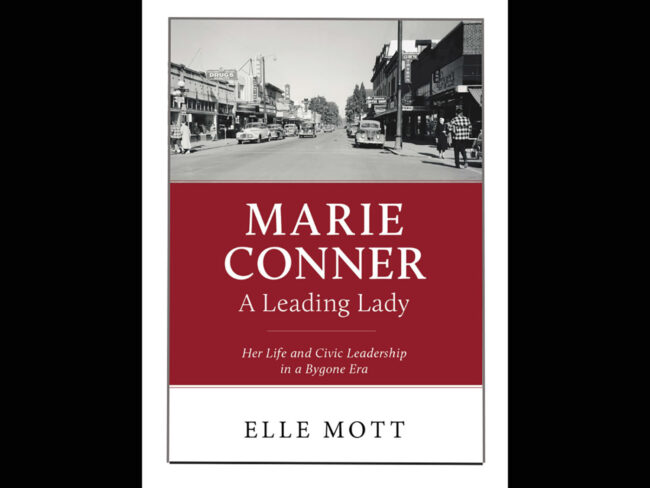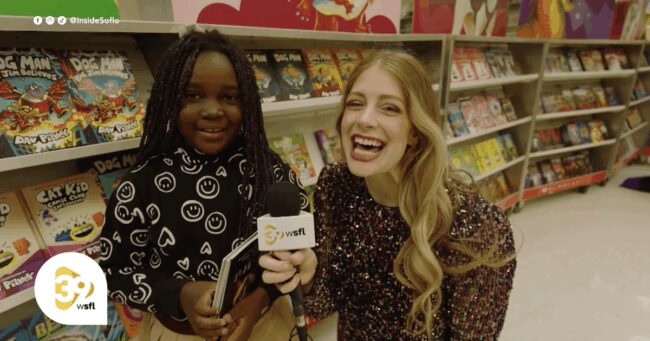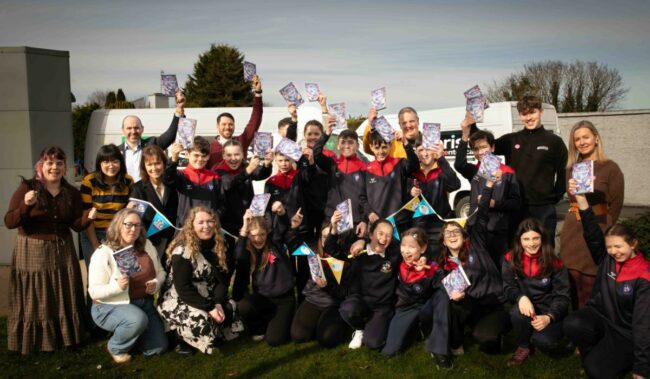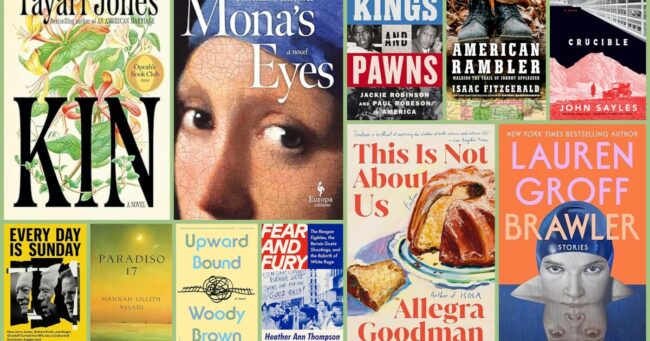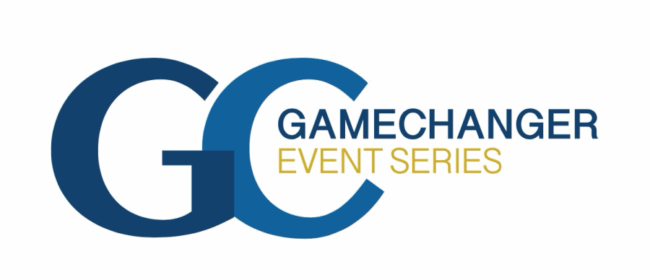Lounges to host ‘Blind Date with a Book’ for World Book Day
… of books.
The day will include a ‘Blind Date with a Book … ’, where children can choose from a selection of wrapped books … include a kids’ book swap, a book-themed craft corner and … bookmark-making, character drawing and book cover design.
Visitors are …

